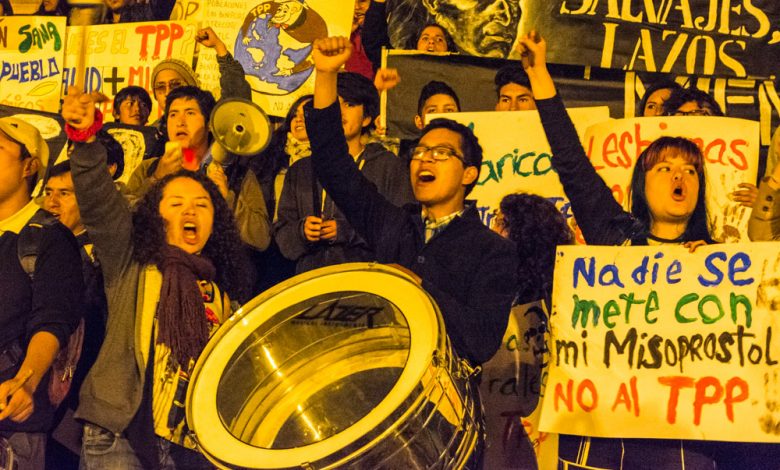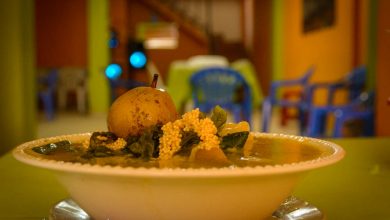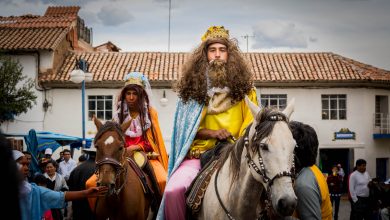Anti TPP Protests Claimed Cusco’s Streets and Plazas Yesterday

“Block the TPP” (Hebert Edgardo Huamani Jara)
These days Peru is going through a situation of internal struggle. The pressures of a national election make it felt even stronger, especially as the date for the elections gets closer. Among other things, we face the question of the TPP (The Trans-Pacific Partnership). Yesterday it was protested in Cusco.
It is a treaty that strengthens the domination of transnational enterprises over national sovereignty. It was signed in New Zealand, February 4, 2016 by twelve countries: United States, Canada, Japan, Vietnam, Malasia, Brunei, Singapore, Australia, New Zealand, Chile, Mexico, and Peru. Peru was represented by the Ministry of External Trade and Tourism (MINETUR).

According to the voices of the youth where were protesting this deal, it has been negotiated for five years in secrecy, without the population have a chance to develop any discussion or knowledge of the pact. It must be ratified by Peru’s congress if it is to take effect for us and the treaty allows for a period of two years for this to happen. Our Congress already has scheduled a session for May to take up the theme.

The population of Cusco is not a stranger to these happenings and manifests a rejection of the treaty. It also supports other cities in Peru and other countries who also are rising up to manifest their rejection of the treaty.

Beginning at 5:30 pm yesterday we experienced an environment of Protest in the monumental core of our city. Groups of youths gathered in the Regocijo Plaza to raise their voices in protest and to inform the population about the treaty of death, as they called it. From Regocijo they marched down San Juan de Dios Street, Meloc Street, the Plaza of San Francisco, and Marques to the Main Square. They carried banners and posters, whistles, drums, and loudspeakers to let everyone know about this treaty.
In their banners and posters they had slogans that said “No, to the TPP. We want seeds.” “We want corn, not the TPP”. “Coast, Highlands, and Jungle reject the TPP.” “We want poetry and not police.” There was also much more.

Many youth organizations were there to raise a front against the treaty. These included the Juventud Socialista (Socialist Youth), the Poetas en Resistencia (Poets in Resistance), Círculo de Estudio de la UNSAAC (The Study Circle from the UNSAAC University), The Federación de Universitarios del Cusco (The Cusco Federation of University Students), and other groups from the left. They shouted slogans to rainse popular consciousness about the treaty. The words that were heard included “Ollanta Genocida” (Ollanta, Genocide—Ollanta Humala is the President of Peru), ‘”Nos quitas la salud, nos quitas medicina” (You steal our health and now our medicine), “Ollanta vendepatria” (Ollanta, traitor to the fatherland), “Pueblo que escucha, únete a la lucha” (People who hear join the fight), No, to the TTP, and many more.
The representatives of the groups came forward, one by one, to express their own words through the microphone, at each stop during the march. They said that the workers and students were united as never before. This makes everything possible, they held. “Peru must exit the TPP”, they argued. “The treaty will deepen our semicolonial condition and the dependence of our country on the big powers.” “The solution is in the streets and not in the elections.”

Cusco’s youth reject the TPP because it will impose new, commercial relations, that are much more unequal that what we have experienced through other agreements such as the Free Trade Agreement (TLC).
They argue that the treaty will bring about increases in prices of medicines and food. It will privatize seeds that are now a public good, and will limit fee access to information without cost on the internet. Everything will become more industrial.
The march continued until dark, 6:30 pm, in front of the Cathedral. Tourists walked by and took photos. Protest shouts rang out, directed at the general population. The national police was also present throughout the whole march, from its beginning until its end, to protect public order.





